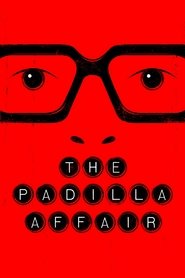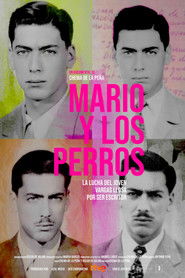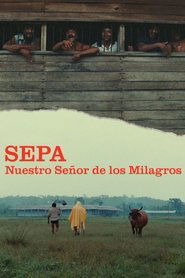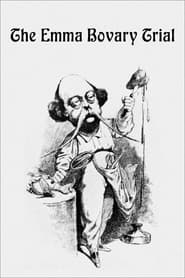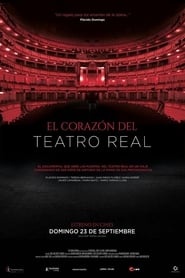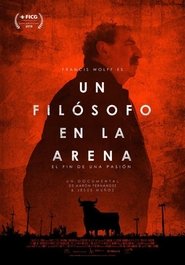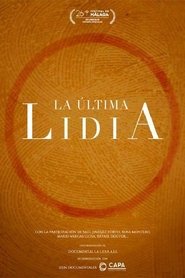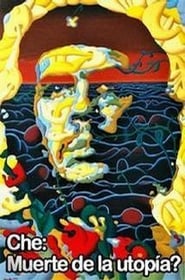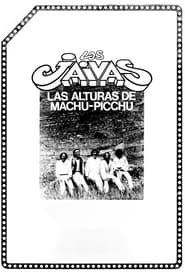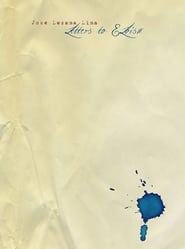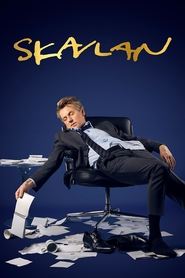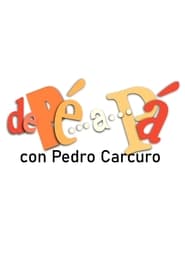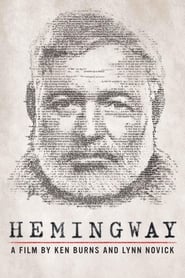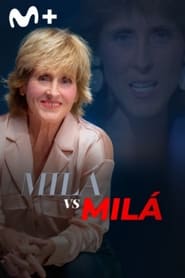Mario Vargas Llosa
Jorge Mario Pedro Vargas Llosa, 1st Marquis of Vargas Llosa (born 28 March 1936), more commonly known as Mario Vargas Llosa, is a Peruvian writer, journalist, essayist, college professor, and a former politician, who also holds Spanish citizenship. Vargas Llosa is one of Latin America's most significant novelists and essayists, and one of the leading writers of his generation. Some critics consider him to have had a larger international impact and worldwide audience than any other writer of the Latin American Boom. In 2010 he won the Nobel Prize in Literature, "for his cartography of structures of power and his trenchant images of the individual's resistance, revolt, and defeat." He also won the 1967 Rómulo Gallegos Prize, the 1986 Prince of Asturias Award, the 1994 Miguel de Cervantes Prize, the 1995 Jerusalem Prize, the 2012 Carlos Fuentes International Prize, and the 2018 Pablo Neruda Order of Artistic and Cultural Merit. Vargas Llosa rose to international fame in the 1960s with novels such as The Time of the Hero (La ciudad y los perros, literally The City and the Dogs, 1963/1966), The Green House (La casa verde, 1965/1968), and the monumental Conversation in the Cathedral (Conversación en la catedral, 1969/1975). He writes prolifically across an array of literary genres, including literary criticism and journalism. His novels include comedies, murder mysteries, historical novels, and political thrillers. Several, such as Captain Pantoja and the Special Service (1973/1978) and Aunt Julia and the Scriptwriter (1977/1982), have been adapted as feature films. Many of Vargas Llosa's works are influenced by the writer's perception of Peruvian society and his own experiences as a native Peruvian. Increasingly, he has expanded his range, and tackled themes that arise from other parts of the world. In his essays, Vargas Llosa has made many criticisms of nationalism in different parts of the world. Another change over the course of his career has been a shift from a style and approach associated with literary modernism, to a sometimes playful postmodernism. Like many Latin American writers, Vargas Llosa has been politically active throughout his career. While he initially supported the Cuban revolutionary government of Fidel Castro, Vargas Llosa later became disenchanted with its policies, particularly after the imprisonment of Cuban poet Heberto Padilla in 1971, and now identifies as a liberal. He ran for the Peruvian presidency in 1990 with the center-right Frente Democrático coalition, advocating classical liberal reforms, but lost the election to Alberto Fujimori. He is the person who, in 1990, "coined the phrase that circled the globe," declaring on Mexican television, "Mexico is the perfect dictatorship", a statement which became an adage during the following decade. Vargas Llosa is also one of the 25 leading figures on the Information and Democracy Commission launched by Reporters Without Borders.
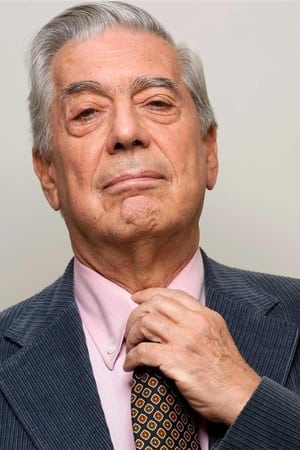
The Padilla Affair
as Self (archive footage)Havana, spring 1971: The poet Heberto Padilla has just been set free and appears before the...
Movie pageEl Quijote desde la platea
as Self - WriterHow Don Quixote de la Mancha, the immortal character created by Miguel de Cervantes in 1605, has...
Movie pageMario y los perros
as Himself - WriterAn account of the childhood and youth of the Peruvian writer Mario Vargas Llosa, Nobel Prize for...
Movie pageSepa: Our Lord of Miracles
as Narrator (voice)This 1987 documentary is the only window into an experimental open-air penal colony in the...
Movie pageThe Emma Bovary Trial
as Self - WriterOn January 31, 1857, the French writer Gustave Flaubert (1821-80) took his place in the dock for...
Movie pageEl corazón del Teatro Real
as SelfDocumentary about an emblematic institution of the Spanish Arts, Madrid's Teatro Real, or Royal...
Movie pageA Philosopher in the Arena
as SelfAfter his retirement, french philosopher and bullfighting enthusiast Francis Wolff decides to...
Movie pageChe: muerte de la utopia?
as uncreditedWhat does Che Guevara"s mythic presence represent to people at the turn of the century, and how...
Movie pageLas alturas de Macchu Picchu
as Narrator (voice)The historical musical made in the Inca citadel in 1981 with texts by Pablo Neruda and music of...
Movie pageLetters to Eloisa
as SelfThe story of José Lezama Lima and his rise as a literary figure in Cuba and his tragic end,...
Movie pageApostrophes
as SelfApostrophes was a live, weekly, literary, prime-time, talk show on French television created and...
TV Show pageSkavlan
as Self - GuestSkavlan is a Norwegian-Swedish television talk show hosted by Norwegian journalist Fredrik...
TV Show pageHemingway
as Himself – WriterThe visionary work and the turbulent life of Ernest Hemingway, one of the greatest and most...
TV Show page